At a moment when our country again confronts its long history of racial inequality and injustice, particularly with regards to our African American citizens, three Black Catholic bishops have retired. All three served in Extension-supported dioceses, and over the years Catholic Extension Society was privileged to collaborate with them on projects that sought to challenge systems of poverty and inequality through simple but transformative actions initiated by Catholic faith communities.
The bishops include:
Bishop Edward Braxton of Belleville, Illinois, retired in April 2020.
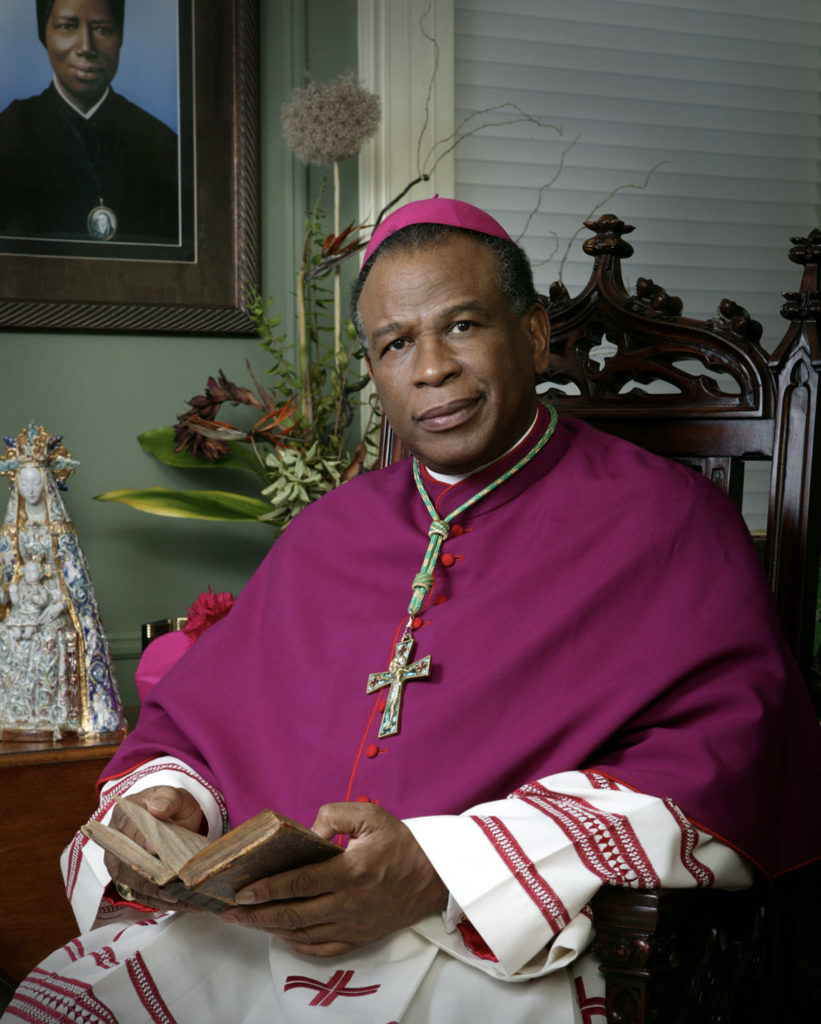
Bishop Curtis Guillory of Beaumont, Texas, retired in June 2020.
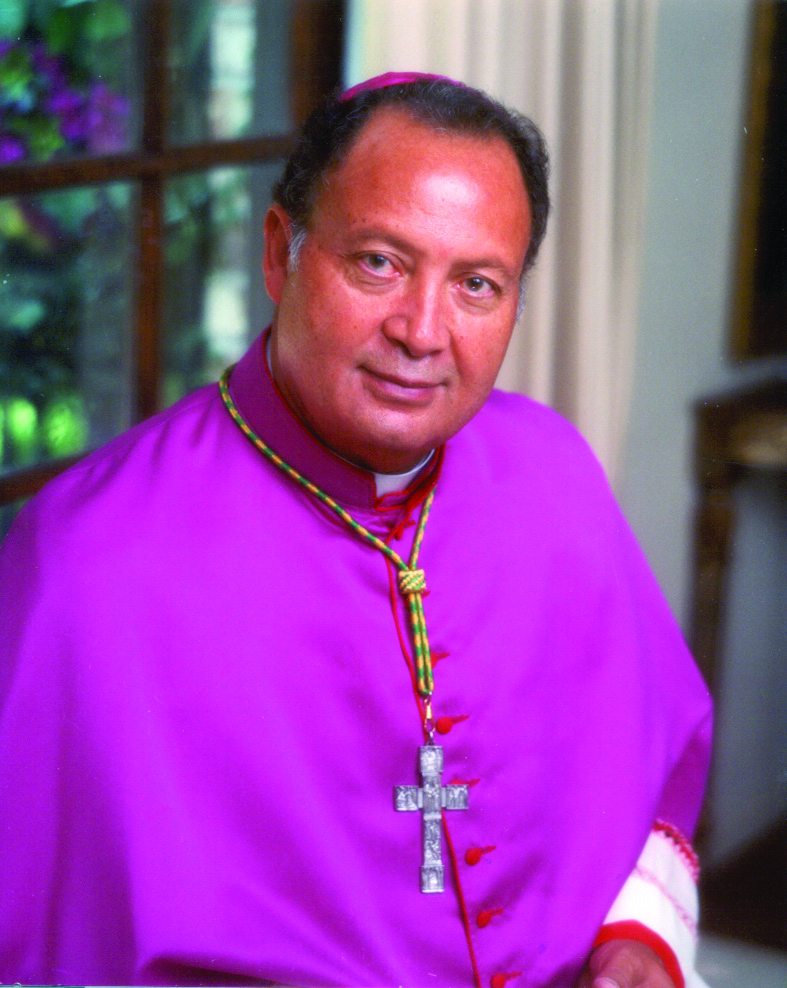
Bishop George Murry of Youngstown, Ohio, retired in May 2020, and then sadly passed away several days later.
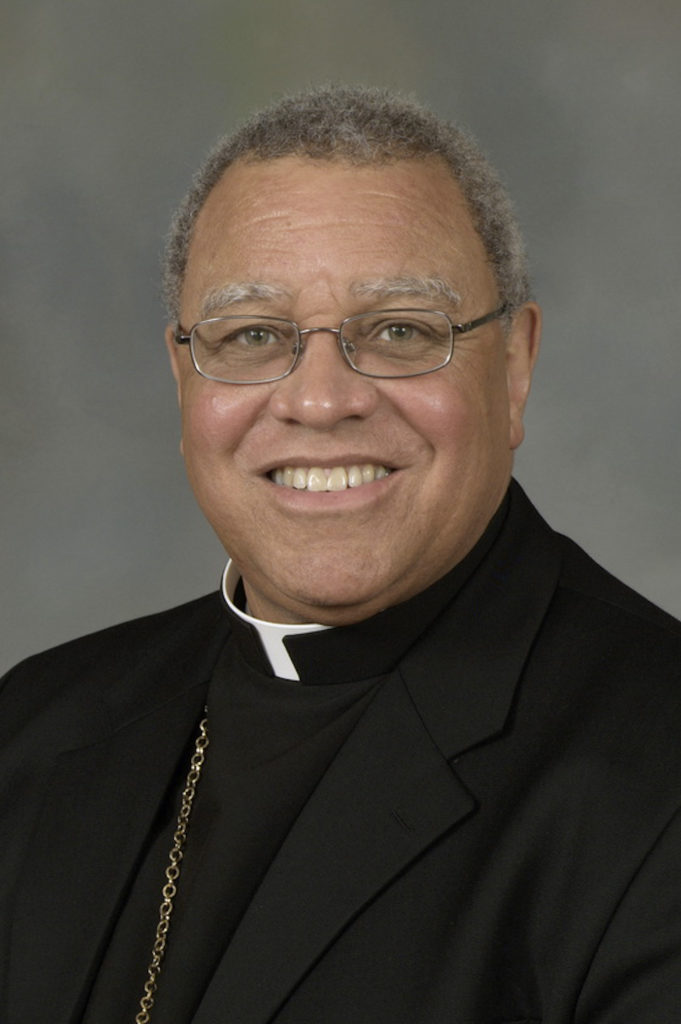
Catholic Voices for Racial Justice
These African American shepherds have been a voice of racial justice for the Church. More than just offering performative expressions of solidarity or speaking purely in platitudes and concepts, they spoke from personal experience about the scourge of racism and systemic injustice in our country, and how our faith calls us to work for change.
They have often recognized that their words have been difficult for some Catholics to accept over the years. They know well that some members of their flock have even denied the existence of systemic injustice, or only viewed it as something that happened in the past. This did not deter them. Throughout their ministry, these Black Catholic bishops used their episcopal platform to speak truth to challenging realities, even when it was inconvenient or unpopular to do so.
For example, during a 2016 conference in Birmingham, Alabama titled: “Black & White in America: How Deep the Divide?” Bishop Braxton did not mince words, saying “there are many circumstances in which society seems to operate as if it does not believe that the lives of young men of color really do matter as much.”
His reflections on this topic were born out of some of his own experiences. In a 2015 pastoral letter to his diocese on racial division, he explained:
“I am not a completely impartial outside observer in the face of these events. I have had two personal experiences with law enforcement officers that made me very conscious of the fact that simply by being me, I could be the cause of suspicion and concern without doing anything wrong. The first experience was when I was a young priest. The second was when I was already a bishop.”
While affirming the role of law enforcement to protect and serve our communities, his point was that Christians cannot simply turn a blind eye to discrimination.
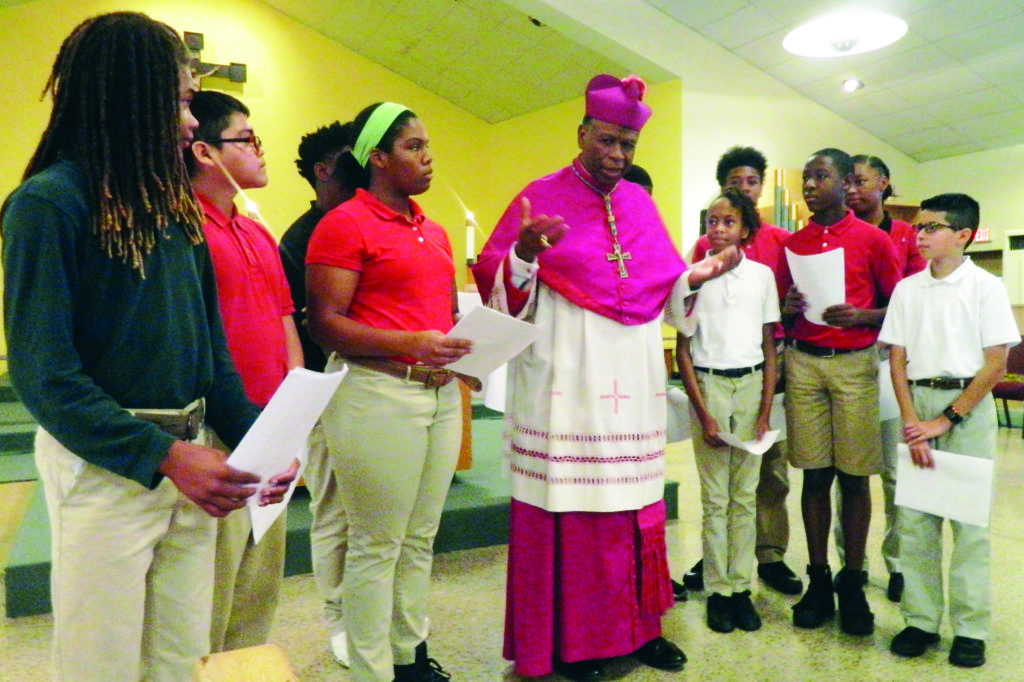
“Who is My Neighbor?”
Bishop George Murry could see the debilitating impact of systemic injustice in his own diocese, which contributed to persistent poverty for so many people. In a 2012 pastoral letter, “Who Is My Neighbor?” which provided the foundation of his diocese’s response to poverty over the past decade, he wrote:
Our faith tradition challenges us to look at the social structures and policies that influence our society.”
He continued, “Why are people poor? Why do they remain poor? Are our governmental policies and business operations promoting the common good, subsidiarity, solidarity and respect for human life?”
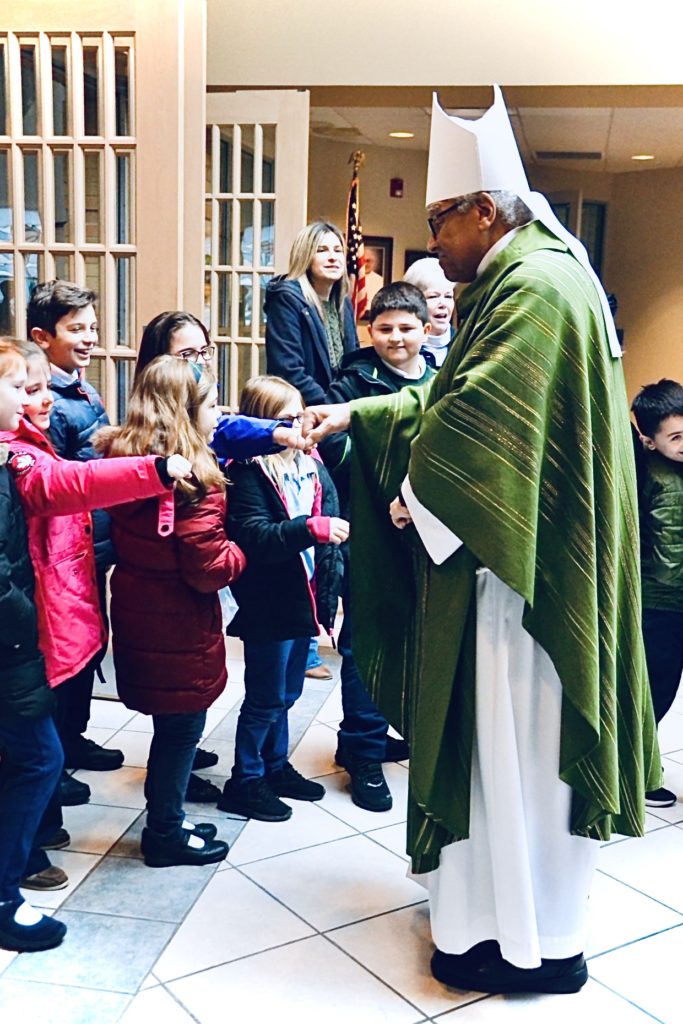
Finally, Bishop Curtis Guillory maintained deep convictions, regularly speaking out against injustices throughout his years as Texas’ first and only African American bishop.
He recounted the story of taking the bus from Divine Word College seminary near Chicago to his hometown of Mallet, Louisiana.
When the bus made a rest stop for passengers at a gas station somewhere in the South, the young seminarian was told to get back on the bus because he wasn’t welcome there.
A New Generation of Leaders
Formative experiences like these allowed him to speak authentically as a shepherd against the sin of prejudice and systemic injustice. On the 50th anniversary of the assassination of Dr. Martin Luther King Jr., he commented about the Church:
“We must get rid of the dust that has accumulated on our souls so we can see clearly what God is calling us to do. Join an organization that cares about the common good. Learn about the social teachings of the Church. Study the issues and vote.”
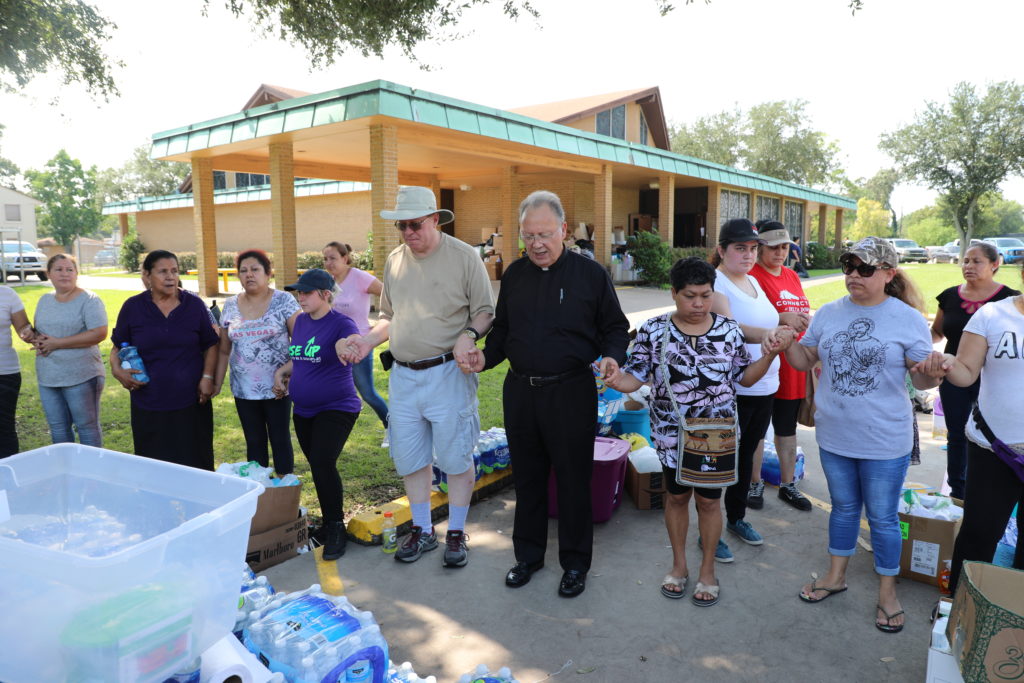
Many other leaders in the Church are now joining the rallying cry against injustice, but these Black Catholic bishops have been speaking out for years, based on firsthand experience.
As these shepherds retire, their perspectives and powerful voices over the years will be continued by a new generation of leaders in our Church.
May their messages echo even louder as the nation tries to find a more just path forward that affirms the life and dignity of all citizens, especially our Black brothers and sisters.


